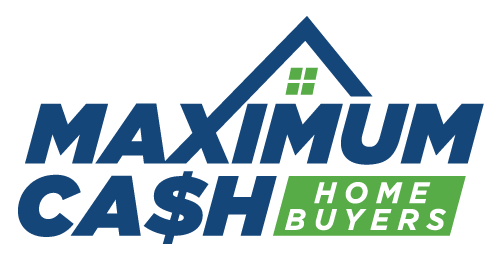Code violations in a home can be a significant obstacle for homeowners looking to sell. These violations, which can range from minor electrical issues to major structural problems, can deter buyers and complicate the selling process. However, with a strategic approach, it is possible to navigate these challenges and successfully sell a property that doesn’t fully comply with building codes. This guide will walk homeowners through the steps to take when selling a home with code violations and explore how cash buyers often play a pivotal role in such transactions.
Assessing the Extent of Code Violations
The first step in dealing with code violations is understanding their scope. Homeowners should obtain a copy of the inspection report that details each violation and the recommended remedies. In some cases, a professional assessment from a licensed contractor or a structural engineer might be necessary to provide further insight into the severity of the issues and the potential costs involved in rectifying them.
Disclosure Obligations and Legal Considerations
Home sellers are legally required to disclose known problems with their property, including code violations, to potential buyers. Transparency is key in real estate transactions, and failure to disclose such information can lead to legal consequences and potentially jeopardize the sale. Sellers should provide buyers with a detailed list of the known violations and any documentation related to them.
Evaluating the Impact on Property Value
Code violations can affect a home’s market value, as they often signal additional costs for the buyer. Homeowners must consider this while setting the asking price. A realistic appraisal of the property, factoring in the cost of necessary repairs, will help establish a fair and competitive price that accounts for the home’s condition.
Repairing vs. Selling As-Is
Once the violations are assessed, homeowners must decide whether to repair the issues before selling or to offer the property as-is, allowing the buyer to handle the repairs. The decision may hinge on several factors, including the severity of the violations, the homeowner’s financial situation, and the local real estate market’s condition. Addressing the most critical repairs can make the home more appealing to buyers and potentially lead to a higher sale price. However, selling as-is might be the best course of action for those looking for a quick sale or who lack the funds for renovations.
Working with Cash Buyers
Cash buyers can be a particularly appealing option for selling a home with code violations. These buyers often purchase properties in less-than-perfect condition with the intent to repair and resell or rent them. Selling to a cash buyer eliminates the need for bank financing, which can be difficult to secure for homes with significant code violations. It also tends to result in a faster closing process, which can be advantageous for sellers looking to move on quickly.
Marketing to the Right Audience
Targeting the right audience is crucial when selling a home with code violations. The property may be particularly attractive to real estate investors, flippers, and contractors who are equipped to handle the repairs. Marketing efforts should focus on these groups and highlight the potential of the property, ensuring it reaches buyers who are looking for a project or investment opportunity.
Establishing a Contingency Plan
Selling a home with code violations might take longer than selling a property that is in compliance with all codes. Homeowners should have a contingency plan that addresses potential delays in the sale process. This can include having funds set aside for ongoing property maintenance, a backup plan for relocation, and a flexible timeline.
Navigating the Closing Process
During the closing process, buyers and sellers must agree on how to handle the existing code violations. This might involve negotiating a lower sale price, providing credits for repair costs, or setting up an escrow holdback for repairs to be completed after the sale. An experienced real estate attorney can offer guidance and ensure that the agreement protects the seller’s interests.
Selling a home with code violations is undoubtedly more challenging than selling a home that meets all code requirements. Yet, with a well-planned strategy, homeowners can navigate the complexities involved in such a sale. Assessing the violations, legally disclosing them, evaluating the home’s value, deciding between making repairs or selling as-is, finding the right buyer, and successfully managing the closing process are all steps that contribute to achieving a successful outcome. Cash buyers, who are accustomed to purchasing properties that require work, can offer a streamlined and expedited option for homeowners facing the obstacle of code violations. Those willing to take on the necessary preparations and negotiations can find ways to sell their property, regardless of its condition, and move forward to their next adventure in the housing market.
Facing code violations and looking for a quick, hassle-free way to sell your home? Maximum Cash Home Buyers is here to help. We specialize in buying properties “as is,” allowing you to bypass costly repairs and lengthy sale processes. Contact us today to get a fair, no-obligation offer on your home. Let us take the stress out of selling your property, regardless of its condition.

